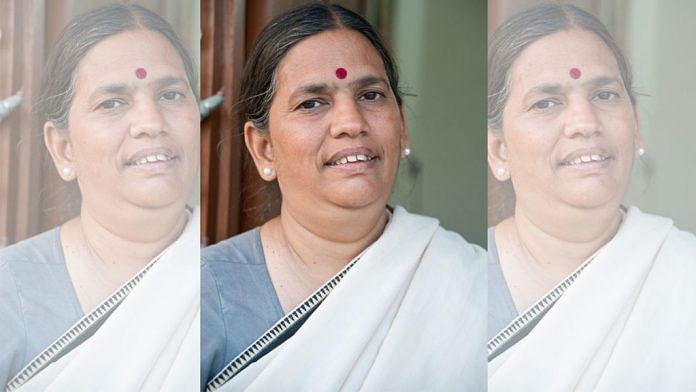
Mumbai: The Bombay High Court on Tuesday directed the National Investigation Agency to file its affidavit by July 3 in response to the bail petition of activist Sudha Bharadwaj, an accused in the Elgar Parishad-Maoist links case.
Bharadwaj was arrested on August 28, 2018 and has been in jail since then.
The case was registered against her and some other activists under provisions of the stringent Unlawful Activities (Prevention) Act (UAPA).
Bharadwaj had sought default bail, contending the trial judge was not authorised to take cognisance of the 2019 charge sheet filed against her, as the judge was at that time not designated as special judge under the NIA Act to hear matters pertaining to the UAPA.
A division bench of Justices S S Shinde and N J Jamadar on Tuesday directed NIA’s advocate Sandesh Patil to file an affidavit in response to the petition and posted the matter for further hearing on July 3.
In her petition, Bharadwaj relied on documents received from the high court under the Right to Information (RTI) Act to demonstrate that the court of Additional Sessions Judge Kishor Vadane in Pune was not authorised to take cognisance of the 1,800-page supplementary charge sheet filed by the Pune police in February 2019.
This judge was not designated as a special NIA judge at the time and hence, could not have taken cognisance of the charge sheet. We are also challenging an earlier order passed by this judge in November 2018 granting the police time to file the charge sheet, Bharadwaj’s counsel Yug Chaudhry argued.
The case relates to alleged inflammatory speeches delivered at the ”Elgar Parishad” conclave, held at Shaniwarwada in Pune on December 31, 2017, which the police claimed triggered violence the next day near the Koregaon-Bhima war memorial located on the city”s outskirts.
The Pune police claimed the conclave was backed by Maoists.
The National Investigation Agency (NIA) later took over the probe into the case.
Subscribe to our channels on YouTube & Telegram
Why news media is in crisis & How you can fix it
India needs free, fair, non-hyphenated and questioning journalism even more as it faces multiple crises.
But the news media is in a crisis of its own. There have been brutal layoffs and pay-cuts. The best of journalism is shrinking, yielding to crude prime-time spectacle.
ThePrint has the finest young reporters, columnists and editors working for it. Sustaining journalism of this quality needs smart and thinking people like you to pay for it. Whether you live in India or overseas, you can do it here.